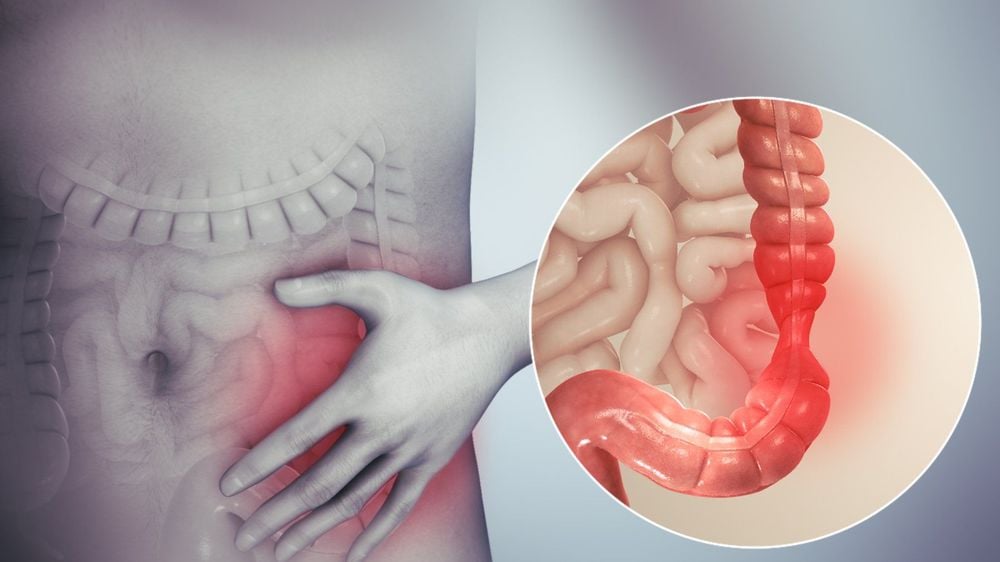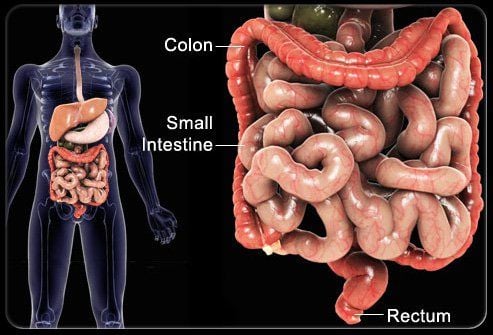This is an automatically translated article.
Many studies have demonstrated the benefits of regular meditation. They can help reduce stress, improve concentration, lower blood pressure, and reduce symptoms of anxiety and depression. And while there are many different types of meditation, meditation can provide a range of proven benefits for mental and physical health. Here are 5 amazing benefits of daily meditation.1. What is meditation in the middle of everyday life?
Meditation can be defined as a set of techniques that encourage the practitioner to seek higher states of awareness and focus attention. Meditation is also a mind-altering technique that has been shown to have numerous benefits for psychological well-being.Some notable points of meditation:
Meditation has been practiced in cultures around the world for thousands of years. Nearly every religion, including Buddhism, Hinduism, Christianity, Judaism, and Islam, has a tradition of using meditative practices. While meditation is often used for religious purposes, many people practice it independently without following any religious or spiritual beliefs or practices. Meditation can also be used as a psychotherapeutic technique. There are different types of meditation. Exercise and physical activity may not be enough to achieve ideal fitness. Many scientists, nutritionists, and researchers from allied health sciences have shown that the path to health lies in making comprehensive lifestyle changes - including nutritious foods, Do physical exercises, yoga and meditation regularly. Psychologists agree that the main goal of exercise is for the mind and body to function equally well. If our mind is clouded by negative thoughts and stress, it is very unlikely that we will benefit from any exercise regimen. Thorough meditation helps to clear limiting thoughts and beliefs about yourself, and provides a constant source of motivation for the brain and body to keep functioning.
Several studies on meditation and its effects on attention show how meditation improves caregiving by controlling alpha brain waves. Alpha waves in the brain work the way we use our sense organs and respond to external stimuli. Considering the number of distractions we face in today's media-controlled world, the team of scientists for this study created an eight-week mindfulness meditation program and the review found that that retreat participants showed greater sensitivity to visual, auditory, and tactile stimuli.
Studies on the impact of daily meditation on reducing cancer risk show that relaxing the mind and practicing meditation increase the number of lymphocytes in the body and help develop a natural shield to against the toxic cells that create the dangerous disease. Although the study has been met with criticism, its findings provide substantial evidence of how meditation can make us more immune to infections and painful illnesses.
By improving attention and concentration, meditation helps the mind to be younger. A meditative practice like Kirtan Kriya, which involves chanting a mantra along with some specific finger movements to improve concentration, may help improve memory in dementia patients. Besides reducing stress, such meditation exercises also help with age-related memory loss and memory retention problems. Scientists say that encouraging older adults to meditate for at least two minutes a day can make a significant difference in how they fight and cope with memory dysfunction.
Overcoming substance abuse at any age requires a lot of self-control and discipline. Meditation helps break down the barrier of stimulant dependence. Research shows that performing meditation sessions in rehabilitation programs can help a stimulant or addicted patient control impulses and reduce withdrawal symptoms. Substance abusers often meditate and show less aggression and cravings. In addition, they showed signs of increased self-awareness and often recovered earlier than those who did not practice meditation. Whether meditation directly contributes to addiction control is still a matter of investigation, the effects of meditation in bringing about positive mental changes in addicts are undeniable and accepted. widely.

Thiền giữa đời thường cải thiện sự chú ý và tập trung giúp tâm trí trẻ hơn
2. 5 great benefits of daily meditation
Meditation establishes a secure connection between our inner and outer worlds. It awakens the body and benefits all aspects of the conscious and subconscious layers of the mind. Among the many benefits that meditation brings, the top 5 benefits of making meditation a daily habit are presented below:2.1. Meditation enhances empathy
Compassion or loving-kindness meditation activates neural connections to brain locations that regulate positive emotions such as empathy and kindness. The state of deep flux that meditation creates builds social bonds and makes us more likable and friendly to those around us.2.2. Meditation improves awareness
Researchers all agree that a great way for professionals in many fields to increase their chances of success in their work is to make meditation a part of their daily routine. Studies have revealed that both transcendental meditation and meditation practices improve the brain's decision-making and problem-solving strategies, which can bring about desirable changes in life as well as in work. our daily work.2.3. Meditation is an effective natural way to deal with stress
Stress is the body's response to unforeseen adversities. Facing immediate threats increases the levels of cortisol, or stress hormone, in the body and activates the autonomic nervous system, which is responsible for responding to outside influences. Brain studies of people who meditate regularly show that they have lower levels of cortisol in their brains, which explains their ability to recover from trauma and their profound nature.2.4. Meditation enhances positive emotions as well as feelings of happiness
Studies have shown that meditation improves self-image and self-worth. When we meditate, we can feel a clear picture of our mind and be aware of the thoughts that drive our emotions and actions at the moment.A large-scale study found that regular meditation reduces the likelihood of developing depression and mood-related disorders (Jain, Walsh, Cahn, 2015). Alongside certain forms of practice meditation also promotes positive thinking, as researchers have stated, and can improve an individual's overall emotional health.
2. 5. Meditation increases attention by creating a state of flow
Have you noticed how meditation brings you into the moments? Mindfulness awareness comes naturally to us as we meditate and we reach a state of 'flow' where our mind is completely attuned to itself. A study on the effects of an 8-week mindfulness meditation course showed that people who regularly practice meditation have a higher ability to focus and pay attention. Even people who meditate for short periods of time show more concentration than those who do not (Jha, Krompinger, Baine, 2007).
Thường xuyên thực hành thiền định giúp tăng khả năng tập trung và chú ý
3. The effect of meditation on some health problems
A recent survey of the prevalence of meditation in the US population showed a marked increase in the number of adults and children practicing meditation every day (Black, Barnes, Clarke and Stussman, Nahin, 2018). Psychologists and mental health professionals agree on the effectiveness of meditation in reducing physical, mental, and emotional disorders.3.1. Meditation and Pain
A study by the National Center for Complementary and Integrative Health (NCCIH) found that mindfulness meditation reduces pain sensations in the body without using the brain's natural pain-relieving mechanisms (Cherkin, Sherman) , Balderson, Cook, Anderson, Hawkes, Hansen and Turner, 2016).Research shows that combining the practice of meditation with medication to treat conditions such as osteoarthritis, headaches and other chronic pain can be helpful in providing remedies for these problems. this is long term.
3.2. Meditation and illness
The National Center for Complementary and Integrative Health (NCCIH) in the US, has conducted studies to explore the impact of meditation on disorders such as:Pain and fibromyalgia in adolescents . Stress-related disorders in adolescents and adults. Migraines, headaches and hypertensive conditions. Psoriasis . Anxiety and depression. Most of the studies and their reviews show that daily practice improves overall quality of life and has long-term benefits for the maintenance of emotional and physical well-being. What's more, studies show that meditation has the same effects as medications for depression, anxiety, and other emotional problems.
3.3. Meditation and Irritable Bowel Syndrome (IBS)
Studies on the effects of meditation on Irritable Bowel Syndrome were first conducted by the American College of Gastroenterology in 2014, but were not based on substantial evidence. Then, several studies on women with severe irritable bowel syndrome symptoms found that when they practiced mindfulness meditation regularly for two months, their symptoms significantly decreased. Practicing meditation has helped to reduce the anxiety associated with irritable bowel syndrome and improve the quality of life of individuals to a large extent (Gaylord, Palsson, Garland, Faurot, Coble, Mann and Frey, 2011). .
Thiền giúp giảm đáng kể các triệu chứng của hội chứng ruột kích thích
3.4. Meditation and happiness
An article on Asian Spiritualism suggested that meditation has a positive effect on subjective well-being and health. Following up on Dr Herbert Benson's research on meditation as a mechanism to find the 'Mind-Body Balance', the researchers of this paper discussed how meditation can can help the body by optimizing blood pressure, regulating heart diseases, reducing stress and regulating sympathetic nervous system activity, which is responsible for the fight-or-flight response when a person experiences stress. Using ancient Tibetan Buddhist principles, this study illustrates the science of meditation and explains why the effects of regular practice can outweigh alternative forms of treatment and science. learn.Scientists have proven that the daily practice of meditation can bring great benefits to both mental as well as physiological health. Some of the positive physiological effects include decreased physical arousal, decreased respiratory rate, decreased heart rate, altered brain wave patterns, and reduced stress. While some of the benefits are psychological, emotional may include: Better control of symptoms of conditions including anxiety disorders, depression, sleep disturbances, pain problems and high blood pressure, improve stress management skills, enhance concentration....
Please dial HOTLINE for more information or register for an appointment HERE. Download MyVinmec app to make appointments faster and to manage your bookings easily.
References: verywellmind.com, positivepsychology.com, webmd.com












